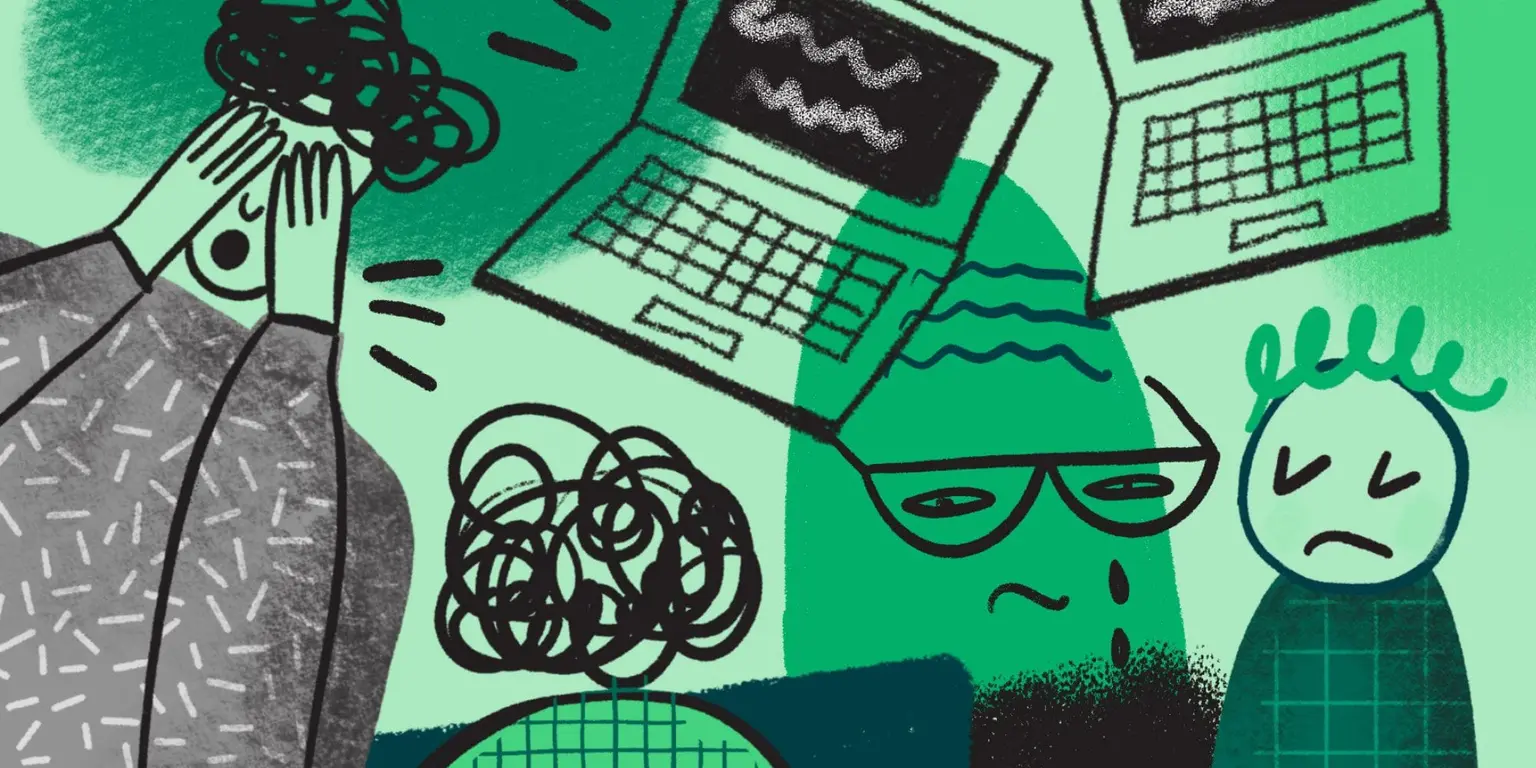What burnout is, how to deal with it and help prevent it.
Burnout is increasingly making its way into conversations and headlines – including right here on this blog! But it’s becoming evident that it’s more than just a buzzword.
As the world keeps throwing stressors our way, it’s becoming harder and harder to complete daily tasks that were sometimes tough to handle even in pre-pandemic times.
So, despite the abundance of information on burnout, we thought we’d put it all in one place for you, along with a few tips to help you (and possibly your company) deal with and prevent burnout.
What is burnout?
It can be hard to distinguish between the day-to-day stressors that come with work and full-blown burnout – especially when it’s reportedly so widespread.
According to the World Health Organization:
“Burnout is a syndrome conceptualised as resulting from chronic workplace stress that has not been successfully managed.”
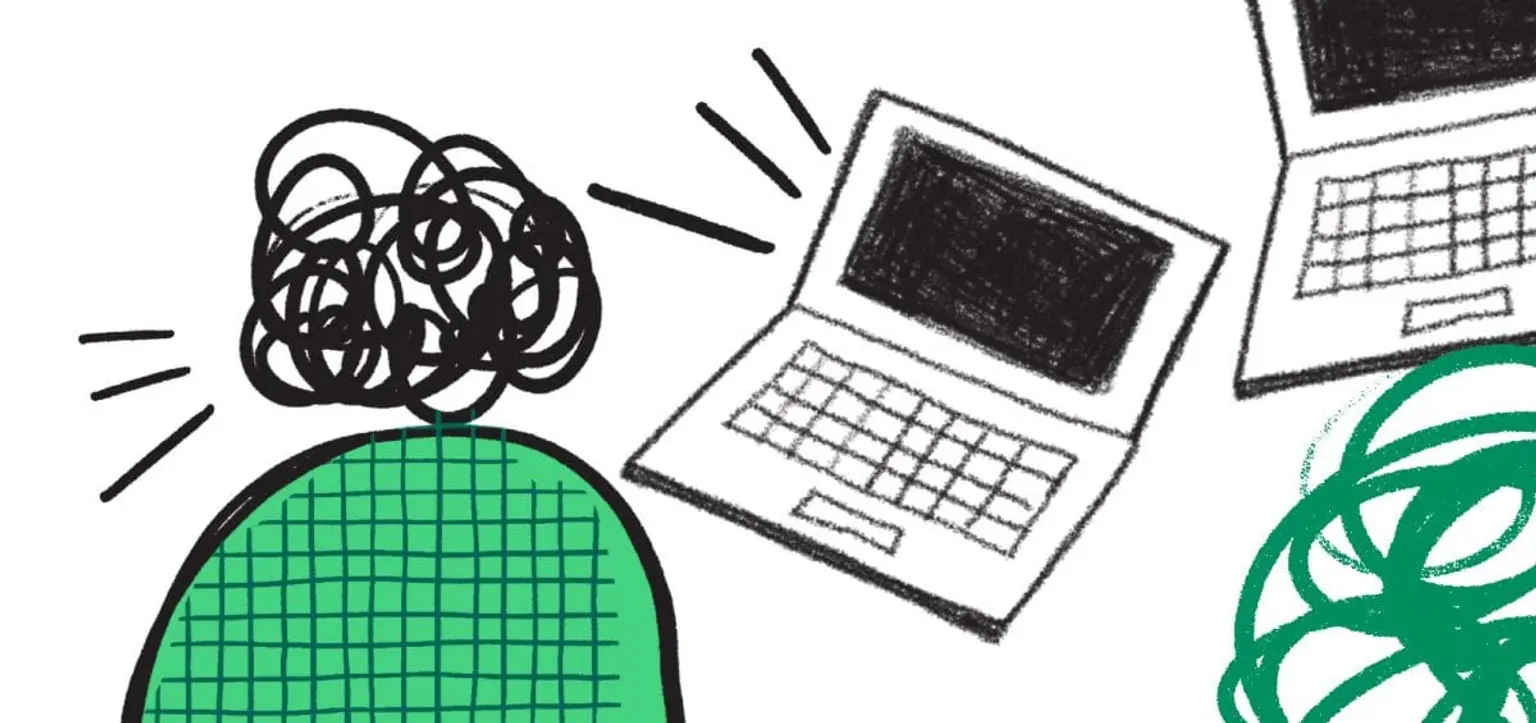
Many people will have experienced at least one of the symptoms of burnout: emotional exhaustion, lack of interest, hopelessness, sense of inefficacy, etc. But for a few, these symptoms become persistent and impairing – it’s far more than just a bad day or a whine-worthy project.
Common signs of burnout include:
- Feelings of emotional and mental exhaustion. Not being able to sleep or constantly fighting off sicknesses like a cold;
- Lack of interest in one’s work or negative feelings towards work; and
- Reduced productivity and the inability to meet the demands of daily life and work.
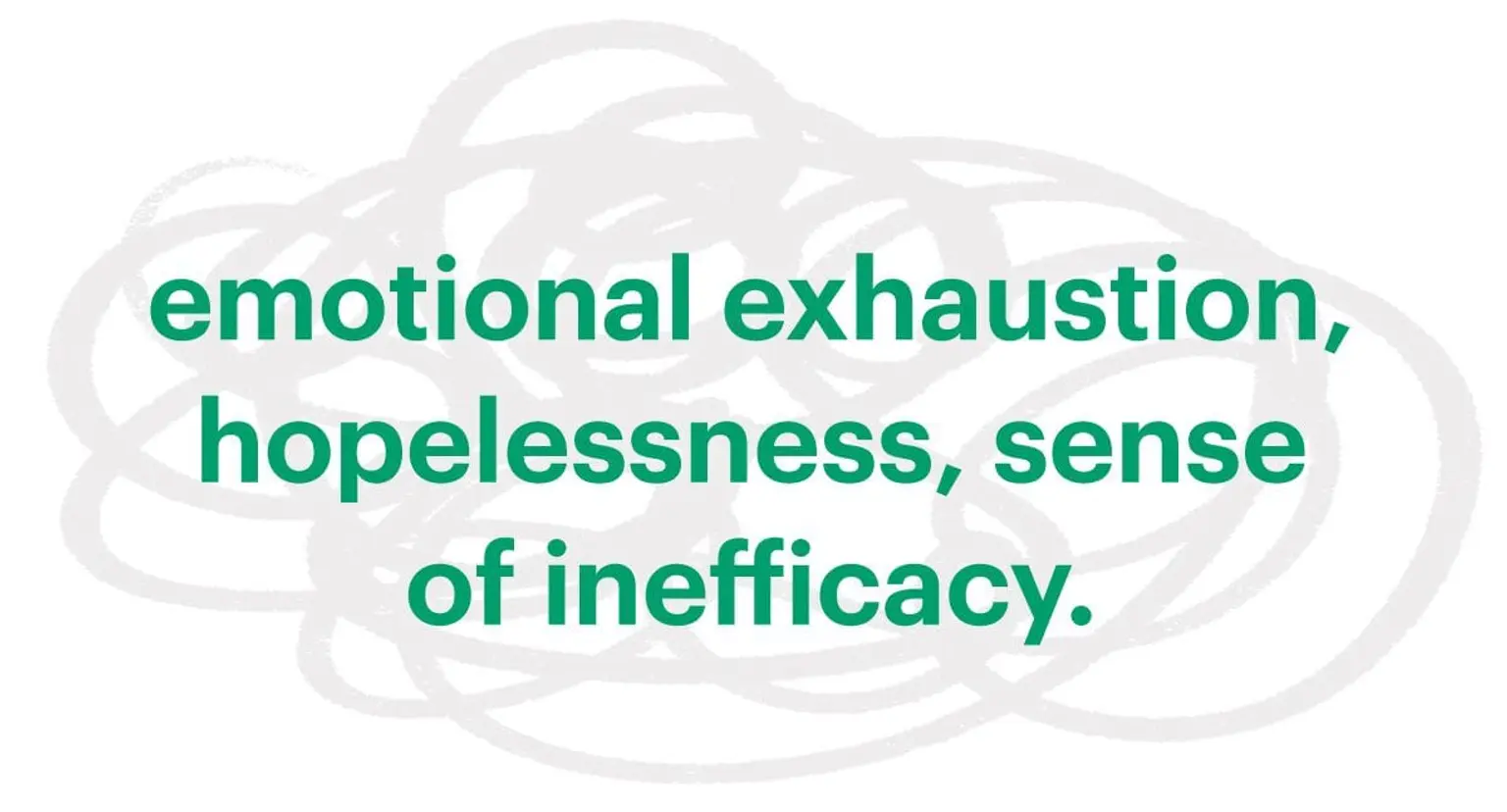
As much as we’d all like to believe that we’re superheroes who can juggle it all, the truth is, not all of us can. In a study done in 2019, it was found that of 5,837 professionals across major job categories, 22% felt that they were overworked, mostly making reference to long hours and staff shortages.
The reality is that the mental strain of our jobs is rarely left behind when we close our laptops. We take these problems home with us. Only today, most of us are working from home so there’s even less of a barrier. On top of that, we also have to care for and homeschool our kids full-time, avoid friends and family indefinitely, and refrain from doing things we love outdoors, with some even having to mourn the loss of those close to them. It’s no wonder some have reached a breaking point.
The side effects of burnout
It’s easy to think that burnout only affects one’s mental and emotional state. But when you’re stressed, do you ever feel yourself clenching your jaw a little too hard? Find yourself either eating too much or too little? Feel like you need a nap in the middle of the day almost every day? Look forward a little too much to that glass of wine in the evening?
If stress can have an impact on your physical health, imagine what burnout can do. More and more studies have explored the consequences of burnout on people’s physical health, and those who experience burnout are at increased risk of:
- High cholesterol;
- Heart disease;
- High blood pressure;
- Type 2 diabetes; and
- Drug and alcohol abuse.
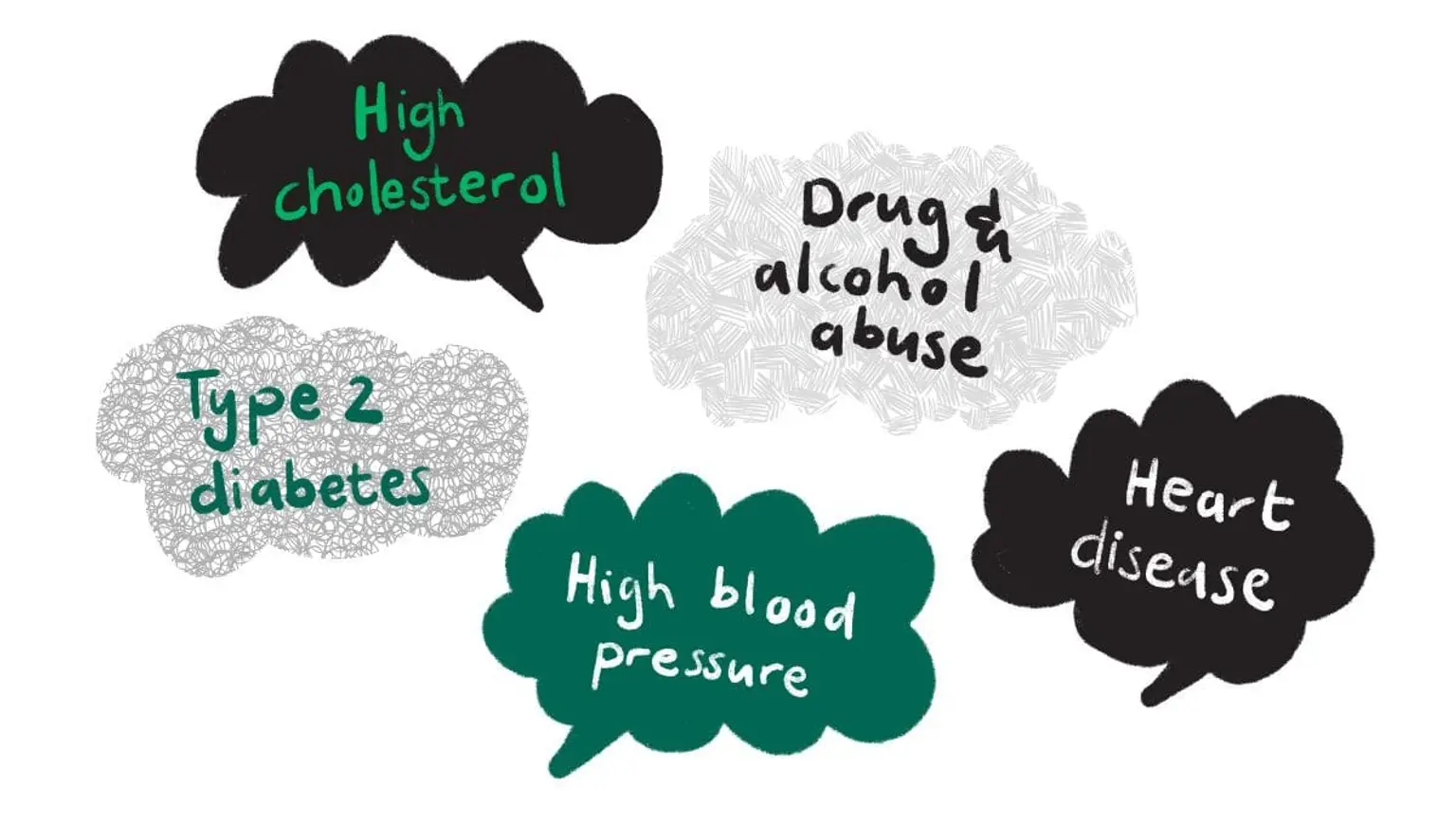
But the risk doesn’t stop there. There is a high chance that burnout also leads to psychological disorders like depression and anxiety as well as absenteeism, poor work quality and professional mistakes.
How to recognise burnout
Many of us experience stress from time to time and in small doses it’s fairly easy to manage. But if you find yourself becoming defined by some of the following symptoms, it might be time to consider seeing a professional to figure out if you really are experiencing burnout:
- Exhaustion: feeling tired even after a good night’s rest or needing to slump on the couch and do nothing at the end of work, day after day.
- Isolation: have you stopped seeing or chatting to friends and family because you’re feeling overwhelmed?
- Escape fantasies: are you constantly trying to escape your current state of mind? (P.S. A little bit of this is fine.)
- Irritability: are you finding the ins and outs of your daily grind a constant frustration, causing you to lose your cool with those around you?
- Frequent illness: this one may be harder to identify in the COVID-19 era, but do you feel like your immune system lets you down a lot?

Figuring out whether you have burnout is usually through self-diagnosis, but this shouldn’t be taken as gospel. Confiding in a professional who is experienced in burnout is more than likely the best route to start healing. Keep in mind that every situation is unique, and the steps to address burnout will be different for everyone.
How to proactively help yourself through burnout
Addressing burnout is usually something that needs to be done at a job, team and organisational level. But there are certain things that you can do to help yourself recover. Here are four ways, according to management coach Monique Valcour, to proactively tackle burnout:
Prioritising self-care
Take time each day to do something that you enjoy and that fills your cup. “It’s essential to replenish your physical and emotional energy, along with your capacity to focus, by prioritising good sleep habits, nutrition, exercise, social connection, and practices that promote equanimity and well-being, like meditating, journaling, and enjoying nature.”
Try to shift your perspective
While taking time for yourself can help with negativity, energy and cynicism, it doesn’t always help the “Sunday blues” we can experience when it comes to our work. “What aspects of your situation are truly fixed, and which can you change? Altering your perspective can buffer the negative impact of even the inflexible aspects.”
Take on fewer stressful situations
This is so much easier said than done. But one of the main reasons you might be experiencing burnout is because you’re taking on too much, so reset your boundaries and expectations people have of you. “This involves resetting the expectations of colleagues, clients, and even family members for what and how much you’re willing to take on, as well as ground rules for working together. You may get pushback. But doubters must know that you’re making these changes to improve your long-term productivity and protect your health.”
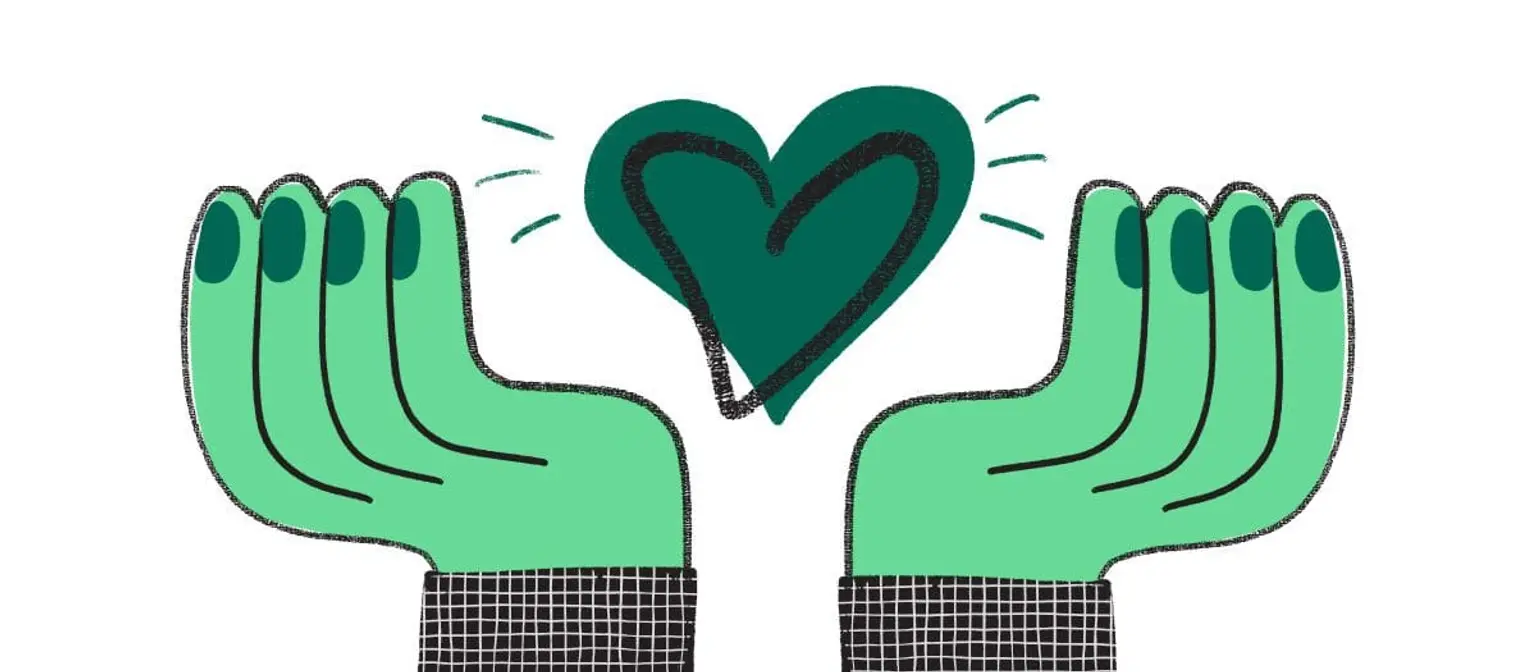
Reconnect
Tackling burnout and the psychological issues that might come with it is hard to do on your own. But you don’t have to. The more vulnerable you make yourself, the more relatable you might become. “Given the influence of situational factors on burnout, it’s likely that others in your organisation are suffering too. If you band together to offer mutual support, identify problems, and brainstorm and advocate for solutions, you will all increase your sense of control and connection.”
If these steps seem too overwhelming, maybe start by trying one of these practices today. It might take a lot of self-encouragement but don’t set the bar too high. Just attempt one:
- Practice mindfulness (Calm and Headspace are great apps for this);
- Improve your sleep ritual (here are some tips);
- Exercise (even a daily walk can make a world of difference); or
- Eat a balanced diet (not the easiest, but poor eating habits affect our energy in a big way).
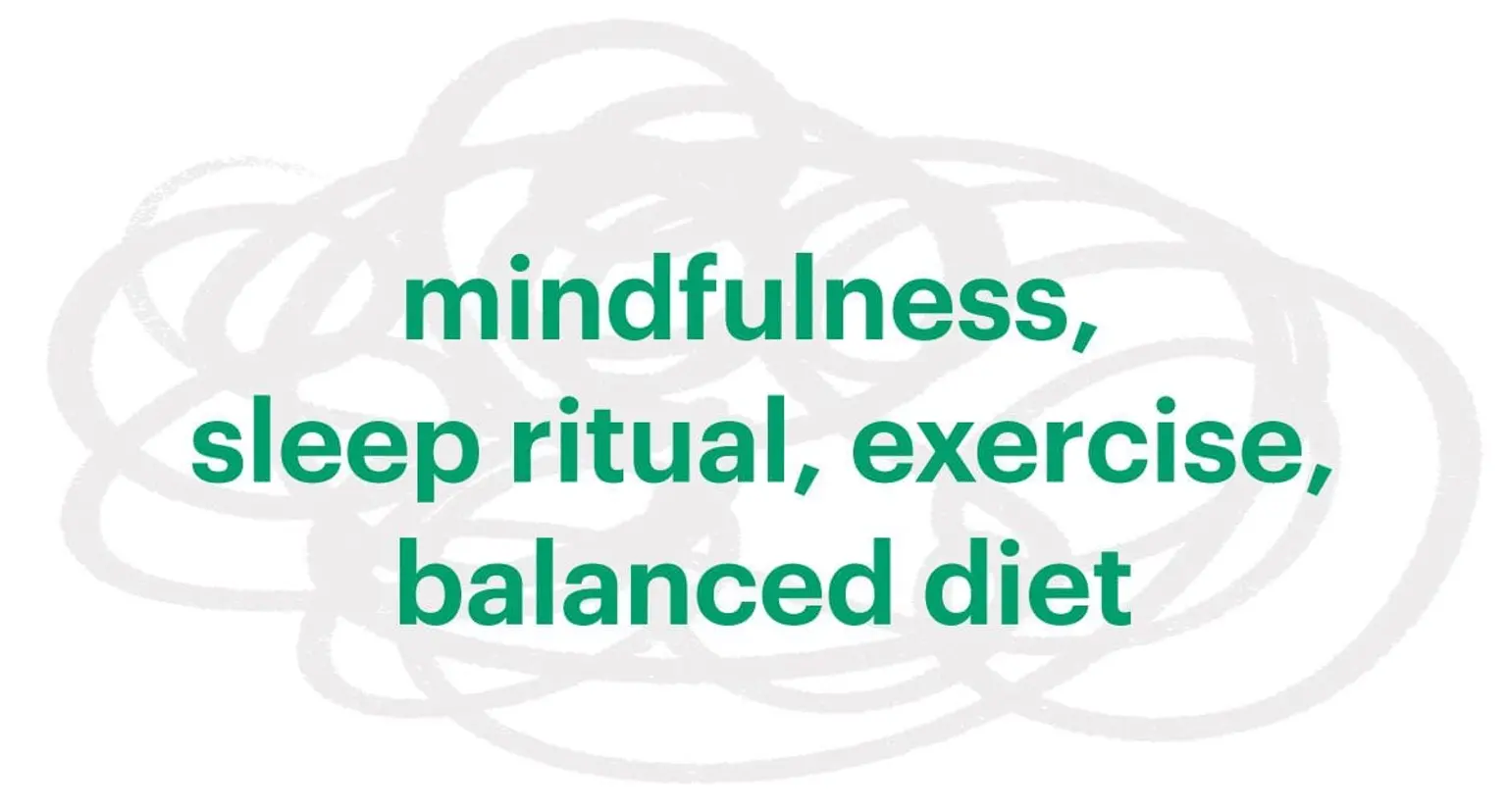
How employers can help their employees prevent and manage burnout
Here at Naked HQ, we believe that burnout shouldn’t be left to just the employee to figure out. We are keeping close tabs on trending experiments relating to working efficiently, maintaining a healthy culture and providing a supportive and lateral workspace so that employees feel comfortable speaking up when they feel they’re on the road to burnout. Here’s what we suggest you and your company can do to achieve the same:
- Leaders take proper holidays and let it be known to employees. This will encourage your employees to do the same (this may sound wild but the fresh perspective and energy it brings you is a more than equitable return on investment). At Naked we have a transparent leave calendar that allows us to see when people are going on leave.
- Share mental health resources openly and broadly with your teams. Create a channel on Slack where you can share interesting articles about mental health or send out “care packs” to employees to let them know that it’s okay to feel a bit flat during a stressful time (like another lockdown). At Naked we give out “care packs” across the company with lots of material and goodies to advocate for self-care and mental health.
- Discourage weekend and late-night work. These days it’s commonplace for employees and their bosses to boast about spending hours of personal time doing company work, but the perception that this is directly linked to increased productivity is a fallacy. In fact, as Cal Newport discusses in his book Deep Work, increasing the quality of work is far more important than increasing the number of hours worked. The more limits you set on yourself and others as to when work should be done, the more effective and productive those hours will be and your workforce will avoid the fatigue and exhaustion that comes along with excessive overtime.
- Ask your employees how they’re doing, and actually listen and care what they say. This one seems so trivial, but lending an ear is more valuable than you think.
Just do enough each day. As author Haruki Murakami says, “I stop every day right at the point where I feel I can write no more.” That way you know that the next day you won’t feel exhausted but rather rested and ready to take on what comes your way.
If the pandemic has taught us anything, it’s how much we need other human beings. If we can create more caring companies and societies, we can support each other through burnout – and hopefully, stamp it out altogether.
